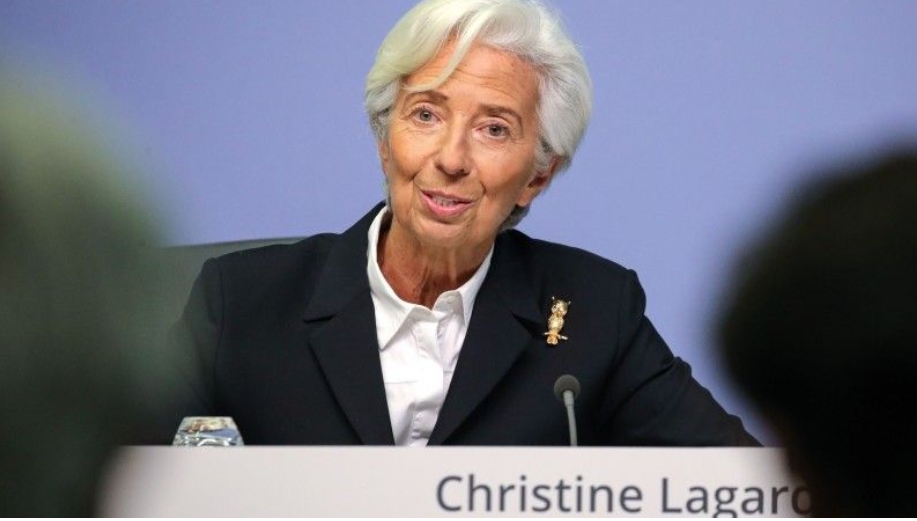“Vi talte om inflation, inflation og inflation på rådsmødet,” sagde ECB-præsidenten, Christine Lagarde, på et pressemøde efter ECB-rådets møde i Frankfurt. Hun sagde, som i den seneste tid, at den højere inflation er midlertidig. Den blev på 3,4 i september og ventes at stige til 3,7 pct. i oktober. Den vil begynde at falde næste år. Men det højere niveau varer længere end hidtil antaget, erkendte hun. En rundspørge, som Reuters har foretaget blandt økonomer, forudser en inflation for hele 2021 på 2,3 pct. og på 1,8 pct. næste år og på 1,6 pct. i 2023. ECB forventede i september en anelse lavere inflation.
Uddrag fra Fidelity/Reuters:https://fixedincome.fidelity.com/ftgw/fi/FINewsArticle?id=202110280917RTRSNEWSCOMBINED_KBN2HI1VQ-OUSBS_1
“Inflation, inflation, inflation” still seen as temporary, Lagarde says
The European Central Bank still sees a recent rise in euro zone inflation to above its 2% target as temporary and expects price pressures to ease next year, ECB President Christine Lagarde said on Thursday.
She acknowledged the decline would take longer than ECB had initially expected but said favourable financing conditions created by its ultra-easy policy were still essential for the euro zone economy to recover from the COVID-19 pandemic.
“We see inflation rising further in the near term but then declining next year,” Lagarde told a news conference after the ECB left policy on hold.
She identified the main drivers of inflation as energy prices, snarled supply chains as consumer demand recovers and base effects, especially from last year’s German value-added tax cut, the impact of which should drop out of data in January.
Euro zone inflation hit 3.4% last month and is seen rising to 3.7% in October in flash estimates due to be released on Friday.
This has raised questions about whether the ECB’s aggressive policy of massive bond purchases and negative rates on deposits was still appropriate.
Lagarde said inflation had dominated the Governing Council’s discussions.
“We talked about inflation, inflation, inflation,” she said.
“We did a lot of soul-searching to actually test our analysis, and we are confident that this analysis of the temporality of these categories is correct and will lead to a decline over the course of 2022.
“Granted, it will take a little longer than we expected.”
The ECB said in September it saw inflation at 2.2% this year, 1.7% next year and 1.6% in 2023 but it is likely to nudge up its forecasts at the next round in December.
Economists polled by Reuters have also raised their forecasts and now see euro zone price growth at 2.3% this year, 1.8% in 2022 and 1.6% in 2023.
Market gauges of euro zone inflation expectations have also risen and put it around 2%, the ECB’s goal, for the next decade.
The five-year, five-year forward inflation swap broke above 2% for the first time since 2014 last week, while the one-year, one-year forward was just below that level.











